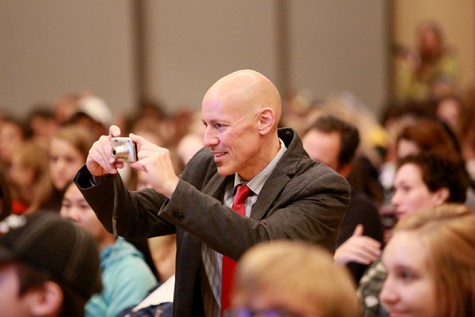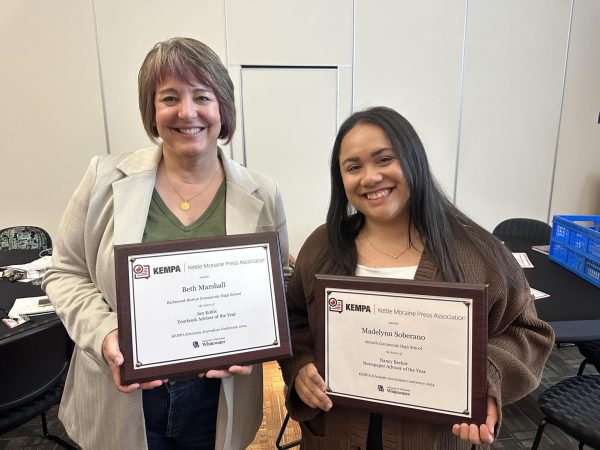Tinker v Des Moines school district 50 years later
Still needed and relevant today
Fifty years ago the landmark decision of Tinker v. Des Moines was handed down by the U.S. Supreme Court establishing a strong precedent for student free speech rights. Justice Abe Fortas stated in his majority opinion that “It can hardly be argued that either students or teachers shed their constitutional rights to freedom of speech or expression at the schoolhouse gate.”
The case centered around the actions of three Iowa public school students that were suspended from school for wearing black armbands to school in a silent protest of the Vietnam war. The students sued and eventually won their case. Basically, the Supreme Court said that as long as the students’ silent protest did not disrupt the educational process, they could not be punished for expressing their views.
This was a victory for student expression, and most high schools and universities looked upon this as a broad standard whereby administrators had no right to censor their student publications. Although this standard has been eroded by subsequent Supreme Court decisions (i.e. Hazelwood school district v. Kuhlmeier), it is still important and pertinent fifty years later as scholastic journalism still comes under fire around our country. Now more than ever we need to continue to embrace the precedents of Tinker as we fight for New Voices legislation in all of our states, and to combat efforts to censor student publications that we still see in the present day.
Case in point, recently (Nov. 2018) an Arkansas school district censored and halted the posting of an online story created by the school newspaper staff at Har-Ber High School. The staff had published a well researched and accurate story detailing how several Har-Ber football players transferred to a rival school within the same district to play football because they would have a better chance to get “college looks”. This was directly against school district policy. The story created a firestorm in the community.
Two days after the story was posted, the deputy Superintendent of the Springdale school district ordered the media adviser to take down both the story and the editorial. The adviser also received a letter from Superintendent Jim Rollins stating that the articles were ”extremely divisive and disruptive”.
This is a perfect example of the kind retaliation that is protected by the standards set out by Tinker and in those states that have New Voices legislation. In fact, Arkansas is one those states that passed New Voices type legislation to protect student publications back in 1995, but the school district tried to basically ignore the law.
Tinker and the New Voices legislation have created a standard whereby school districts can’t just censor publications if they make the district look bad. In order for the district to prevail, they must demonstrate that there is a “material or substantial disruption”(Tinker) caused by the story, or that the story “incites illegal or violent actions”(Arkansas Student Publications Act of 1995). In this case neither of those standards have been met. The students published an accurate story, and the fact that it is controversial and makes the school district look bad does not rise to a level whereby the district should be allowed to censor the students work. This is why we need Tinker and New Voices legislation in every state.
In December of 2018, the school district reconsidered and decided to allow the stories to be reposted after mounting pressure from the Student Press Law Center and multiple publications around the country. Unfortunately, the Arkansas law has no protections for the student adviser and she was threatened with disciplinary action and possible termination. At this point though the publication of the newspaper is still suspended until the district can come up with an appropriate policy concerning student publications.
KEMPA as an organization that promotes scholastic journalism continues to support the standards set by the Tinker decision and the New Voices legislation to protect the First Amendment rights of students.
Student voices should not be stymied at the schoolhouse gate, and KEMPA will continue to encourage the educational opportunities afforded students as they pursue the rigors of responsible journalism.




